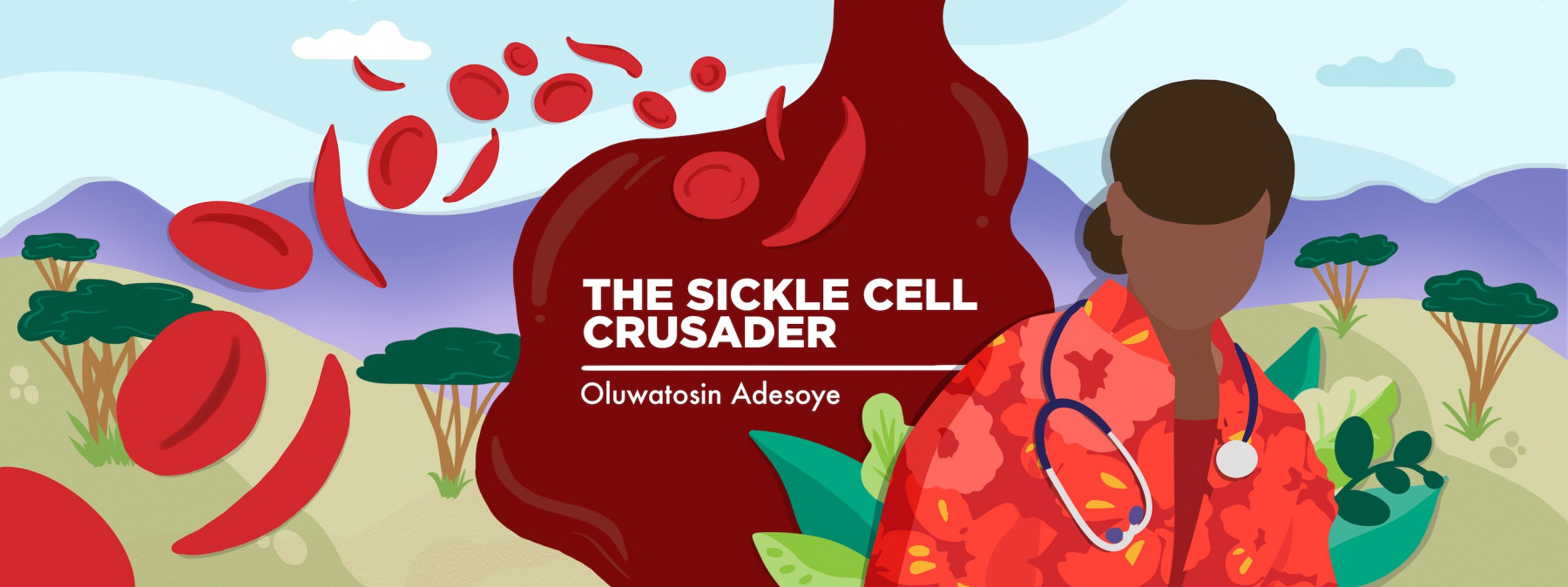A sickle cell warrior’s call for kindness and nonjudgmental care
Managing sickle cell disease requires collaboration between patient and doctor
Written by |

I write today to express my sincere appreciation for the care and love doctors, nurses, and all health professionals show to people with sickle cell disease. They are such remarkable caregivers. Where would we warriors be without their help? They are truly indispensable.
However, as a healthcare professional living with sickle cell disease, I am uniquely positioned to respectfully highlight some key areas where patients and healthcare professionals can collaborate to improve their relationship and management of sickle cell disease.
One area we can improve is to not offer unsolicited, false age prognoses. These predictions are often incorrect and detrimental to patients and families.
My parents were told I wouldn’t live much beyond 18. Yet, here I am today at 39, living and thriving. Instead of creating immense emotional burdens, the focus should be on educating patients about managing their disease, improving their quality of life, and maximizing their longevity.
We can do better
In Nigeria, where I live, some healthcare professionals tell patients they must marry early because of their health, suggesting their lifespan will be short or they will face fertility complications later on. I was once told I should consider adopting children.
The pressure to marry early has sadly caused some warriors to jump into unhealthy relationships just to meet a perceived deadline imposed by a healthcare professional they trusted. Unless a patient specifically asks for advice on family planning, a healthcare provider should not feel the need to offer unprovoked, scary, or destabilizing personal guidance that ends up worsening the patient’s health.
A patient also shouldn’t be stigmatized because they need care or treatment. Patients’ pain should not be minimized. At different times, I’ve heard professionals say things like, “Shouldn’t you be used to the pain by now?” “People who look like you are rarely in pain. Why is yours different?” “You just got discharged, and you are back. You are pretending.”
Delaying appropriate management due to skepticism can literally cost a warrior their life. Sickle cell affects everyone differently, so patients should never be compared. Pain can be acute, chronic, or repetitive, and pain thresholds vary wildly. We need healthcare providers to manage their patients appropriately and on time to reduce the tragic mortality rate of sickle cell disease.
Sickle cell disease is complicated, and new findings constantly emerge, so medical professionals who manage sickle cell disease must never think they know everything. But providers must also be better educated about sickle cell disease. I have complained of pain only to learn there was no awareness that such complications existed.
Sickle cell disease patients are now living longer thanks to advances in medicine, which means that patients are experiencing more complex complications in adulthood. These complications need immediate, dedicated study and research from health professionals to ensure appropriate management and improve our quality of life. Let us collaborate to ensure every warrior receives the informed, compassionate, and nonjudgmental care we deserve.
The world needs a little more kindness and thoughtfulness. A little more kindness and thoughtfulness between healthcare professionals and patients can make their relationship much better.
Note: Sickle Cell Disease News is strictly a news and information website about the disease. It does not provide medical advice, diagnosis, or treatment. This content is not intended to be a substitute for professional medical advice, diagnosis, or treatment. Always seek the advice of your physician or other qualified health provider with any questions you may have regarding a medical condition. Never disregard professional medical advice or delay in seeking it because of something you have read on this website. The opinions expressed in this column are not those of Sickle Cell Disease News or its parent company, Bionews, and are intended to spark discussion about issues pertaining to sickle cell disease.




Leave a comment
Fill in the required fields to post. Your email address will not be published.